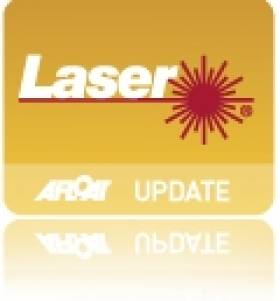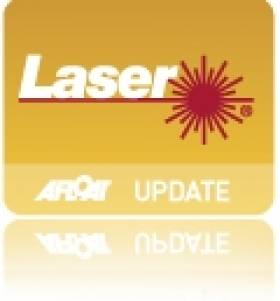Displaying items by tag: Kirby Torch
Kirby Makes Moves To Stop Laser Production
#Laser - The designer of the iconic Laser is putting pressure on the boat's manufacturer for the UK, Europe and North America to halt all production of the vessel, as Marine Business World reports.
Bruce Kirby has previously filed a complaint in the US Federal Court District of Connecticut alleging the unauthorised production of his design and non-payment of royalties by LaserPerformance, the company licensed to build Laser class boats for the western market.
It's now being reported that yesterday (17 May), Kirby's company Kirby Inc has sought a court order to issue a prejudgement remedy against LaserPerformance, which would prevent that or any associated company from building Lasers while the court assesses the case.
The International Laser Class Association (ILCA) and the International Sailing Federation (ISAF) are also named in Kirby's lawsuit for allegedly assisting LaserPerformance by supplying ISAF plaques despite being given formal notice to cease by Kirby.
In April, Kirby took the sailing world by surprise with the news that he had relaunched his classic single-handed one design under a new brand, the Kirby Torch.
The new company's website cited "supply of the Kirby sailboat and parts to sailors worldwide" as the issue for its terminating of previous manufacturing deals at the end of last year.
Laser Designer Launches Iconic Boat Under New Name
#Laser - The sailing world has been taken by surprise with the news that the designer of the Laser has launched his iconic design under a whole new brand amid allegations over royalty payments.
Bruce Kirby - whose single-handed one-design has become a staple at the Olympic Games - has apparently signed all new builder agreements to manufacture his rechristened Kirby Torch design, after terminating his previous deals at the end the last year.
"The issue is supply of the Kirby sailboat and parts to sailors worldwide," according to the Kirby Torch website. "After numerous attempts, Bruce Kirby felt he had no choice but to withdraw Laser brand building rights in North America and Europe."
It's alleged that lack of royalty payments for the design by at least one top manufacturer prompted the move by Kirby to strike out on own, but nothing has been confirmed as of this time.
It is also not known exactly what the consequences will be for currently sailed Lasers and for the International Laser Class Association (ILCA), although the Kirby Torch website states that all ISAF-plaqued Lasers are class legal under the renamed fleet.
More on this story as it develops...

























































